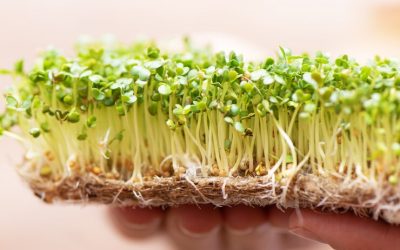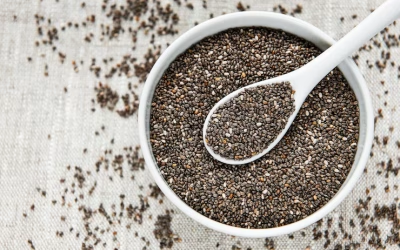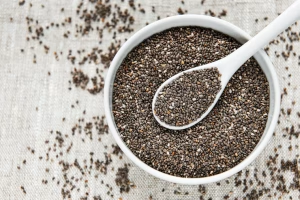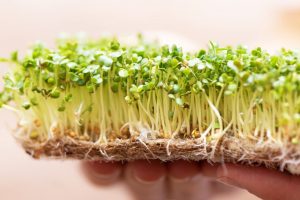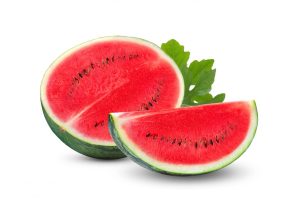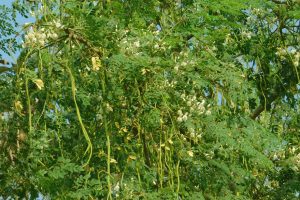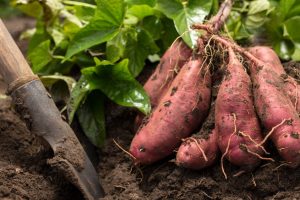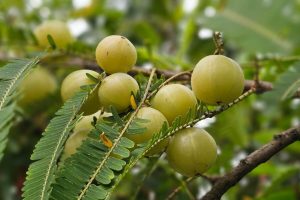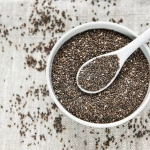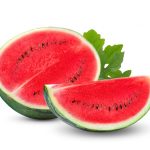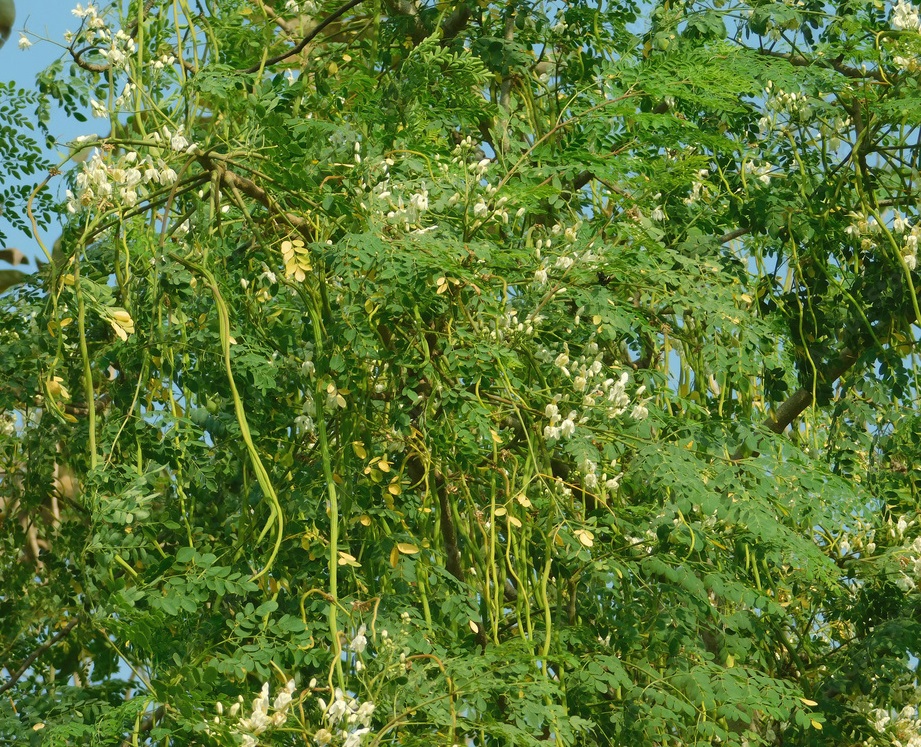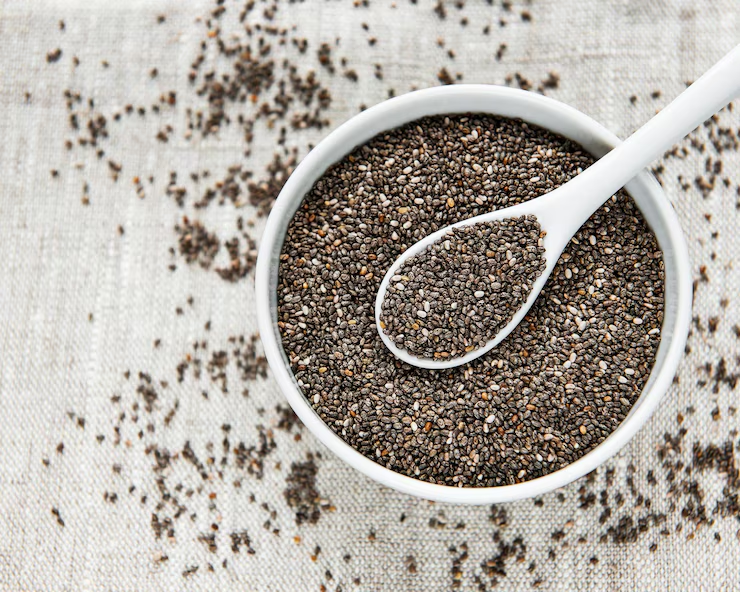Moringa, the common name for drumstick, is a versatile plant prized for its remarkable nutritional worth and various health benefits. Moringa oleifera, which is popularly called moringa, is native to certain parts of Africa and Asia but has gained popularity all over the world as a superfood. Each part starting from its leaves, fruits till seeds of this tree contains significant amounts of nutrients; thus it is an important ingredient in any diet. Let Explore the Health Benefits of Moringa.
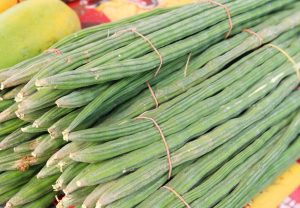
What is Moringa?
Moringa or Drumstick is a fast-growing drought resistant tree that has been used for centuries in traditional medicine. The edible leaves, pods (often called drumsticks), seeds and flowers make this tree highly valued because they are rich in essential nutrients. The long thin pods that are responsible for its name “drumstick” find use frequently in Indian salads where they can be made into different kinds of dishes such as soups curries among others.
But it’s the leaves that carry the most potent nutrition. Their small oval shape makes them delicate enough to go well with any cooking or to be dried and turned into powder like supplements.
Herbal/Health Benefits of Moringa
Moringa is used in many traditional healing system including Ayurveda to treat and prevent several health conditions. Some of the key herbal benefits include:
- Anti-Inflammatory Properties: Moringa contains powerful anti-inflammatory elements like isothiocyanates that helps to reduce inflammation in body and may lower the risk of chronic diseases.
- Antioxidant Powerhouse: The leaves are rich in antioxidants including vitamin C, beta-carotene, quercetin, and chlorogenic acid.
- Blood Sugar Regulation: Moringa helps to lower blood sugar levels, making it beneficial for the people with diabetes. It has the ability to improve insulin sensitivity that supports healthy blood sugar regulation.
- Cholesterol Reduction: Regular consumption of moringa may help lower cholesterol level and reducing the risk of heart disease.
- Supports Brain Health: Moringa is rich in vitamin E and C, which are known as combat oxidative stress which is a major contributor to neurodegenerative diseases like Alzheimer’s.
- Liver Protection: The high concentration of polyphenols in moringa leaves can protect your liver against oxidative damages and supports to detoxify the body.
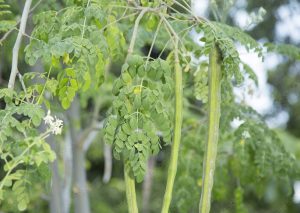
Nutritional Profile and Health benefits of Moringa
Moringa is called a “superfood” due to its nutritional profile. Here’s some list of what makes it so beneficial:
- Vitamins: Moringa leaves are excellent source of vitamin A, C, and E. Vitamin A supports eye health, vitamin C boosts immunity, and vitamin E acts as a powerful antioxidant.
- Minerals: Moringa is rich in calcium, potassium, iron, and magnesium. Calcium is essential for bone health, potassium helps to regulate blood pressure, iron supports oxygen transportation in blood, and magnesium plays a role in over 300 enzymatic reactions in body.
- Protein: Moringa leaves contains all nine essential amino acids, which makes them a complete protein source. Especially valuable for vegetarians and vegans.
- Fiber: Moringa is a good source of dietary fiber. which aids in digestion and helps maintain a healthy weight.
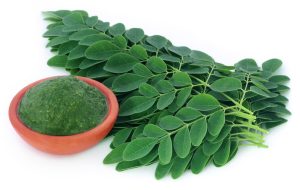
Moringa Leaves Nutritional Profile Compared to Other Nutritious Foods
When comparing moringa leaves to other fruits and vegetables, the nutritional advantages become more noticeable:
- Vitamin C: Moringa leaves have more than seven times vitamin C than oranges.
- Calcium: Moringa leaves contains four times more calcium than milk.
- Potassium: Moringa leaves have three times more potassium than bananas.
- Iron: Moringa leaves contain 25 times more iron than spinach.
- Protein: Moringa leaves provides two times more protein than yogurt.
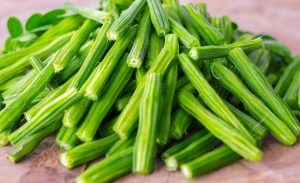
How to Consume Moringa and Drumstick
Moringa/Drumstick is incredibly versatile and can be consumed in various forms:
- Fresh Leaves: Moringa leaves can be cooked like spinach or can be added into soups, salads, and stews. They can also be blended into smoothies.
- Powdered Moringa: Moringa leaves can be dried and grounded into a fine powder, which can be added into tea, smoothies, soups, or baked goods.
- Drumstick Pods: The long, green pods or you can call the fruits of the moringa tree, known as drumsticks, can be sliced and added to curries, soups, and stews.
- Moringa Tea: Moringa tea is made from dried moringa leaves and is a popular way to consume.
- Supplements: Moringa is available in capsule and tablet forms.
- Moringa Oil: Oil can be extracted from moringa seeds, moringa oil is used for cooking as well as in skincare products due to its moisturizing and anti-inflammatory properties.
Moringa, or drumstick, is a powerhouse of nutrition and health benefits. Its rich nutritional profile, combined with its versatility in the kitchen, makes it a must-have in any health-conscious diet.
To get more about herbal benefits of herbs, vegetables and fruits and nutrition please visit HerbalGourmets website.

